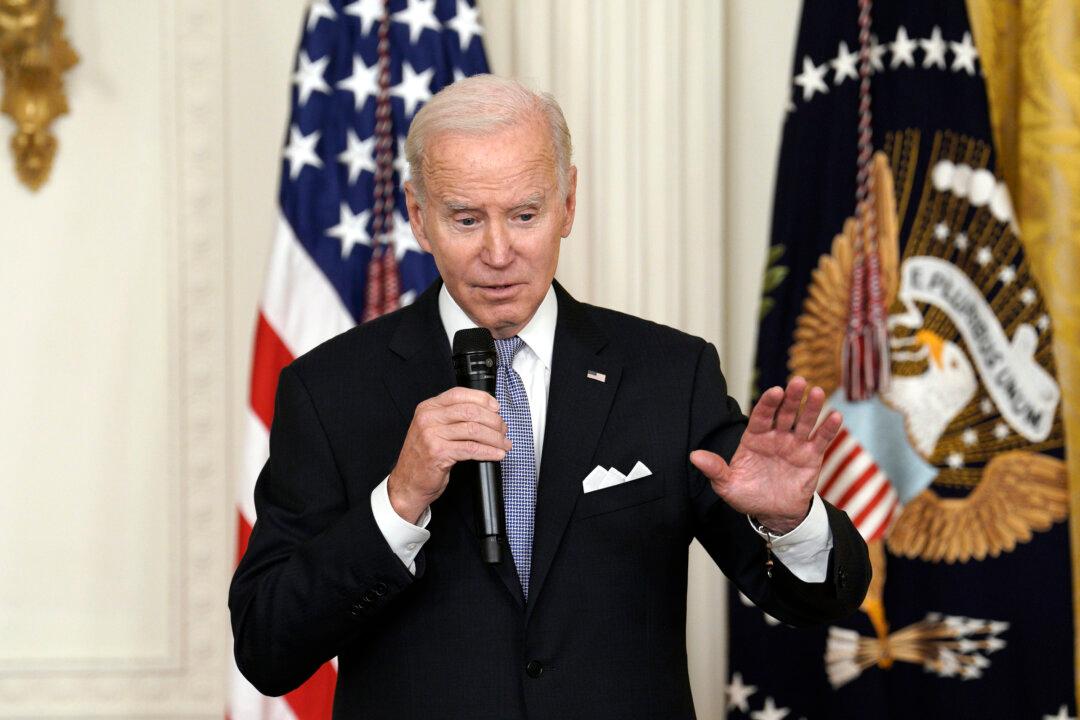Commentary
Once in TV journalism there were people called assignment editors and news directors. Among their responsibilities was to instruct reporters and camera crews which stories they were to cover that day. Their choices were based on several factors that included what they regarded as news, viewer interest (i.e., ratings), and much more subtly, their own biases. When I began my journalism career as a reporter, there were only three broadcast networks and local TV and radio stations. The radio stations played music and reported local news. The news was what these gatekeepers said it was. When the broadcast TV networks went from 15-minute newscasts to 30 minutes, some expressed fear there wouldn’t be enough news to fill the time.





